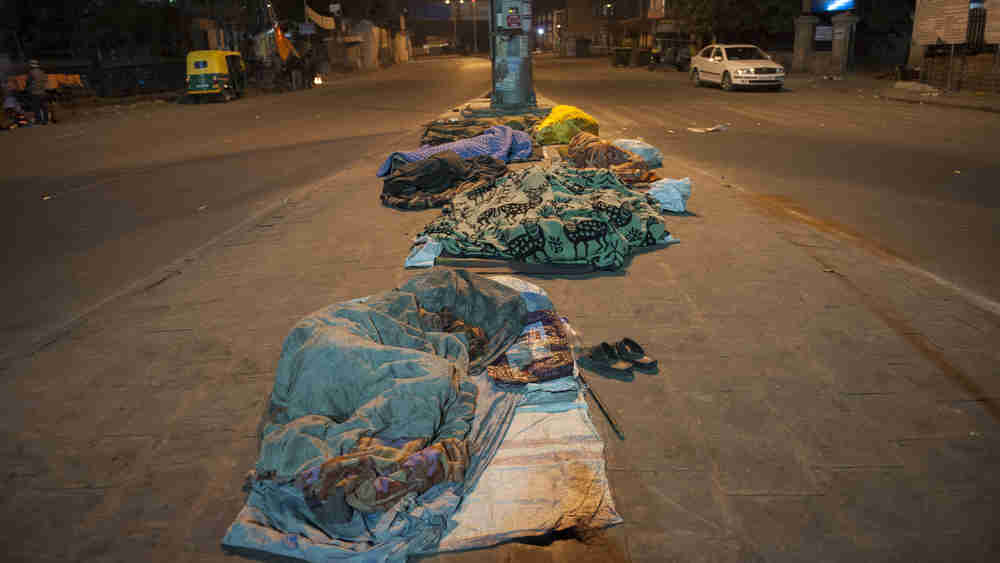Just statements may sometimes touch the surface of a problem. Responding to a public interest litigation asking that the government provide three meals, drinking water, free shelters, free public bathrooms and toilets, soaps and sanitary napkins to the homeless in Mumbai, the Bombay High Court reportedly said that providing homeless people, beggars and pavement dwellers with free shelters will only increase their numbers unless they ‘work for the country’; there are government schemes for that. The state cannot give them everything. The court felt that the state and the Brihanmumbai Municipal Corporation were doing everything within their capacity to supply the homeless with water, food and sanitary napkins. These authorities were, however, asked by the court to ensure that homeless people could use public toilets for free. Last month, the high court had asked the BMC for information regarding the building of shelter homes in every ward. The report of work in progress was apparently satisfactory.
The high court pointed out that the petitioner had not found out who the homeless in the city were. That would have been useful, because pavement-dwellers are not a homogeneous mass. There are seasonal and informal sector workers among them, who do not earn enough for an urban home, yet have no source of livelihood in their villages. Some have lost their homes and livelihood to river erosion or the loss of common land to private or government schemes and cannot sustain themselves on relief or compensation, even if they received it. The Bombay High Court’s reference to work under government schemes was rather puzzling; besides, many pavement dwellers do work. There should be close scrutiny of beggars, especially children and women, because they are often forced to beg by criminal groups which engage in abduction, trafficking and drug-related transactions. Homeless families may have sick or aged members who need care. All this is true of most Indian cities. The homeless represent governmental failure at many levels. The Supreme Court insisted on night shelters, which are still not sufficient in most states. The Deendayal Antyodaya Yojana-National Urban Livelihoods Mission has an excellent scheme for shelters, but the numbers of urban homeless indicate that the scheme has not quite flowered yet. But protection is especially urgent during the pandemic, whether they are working for the country or not.











